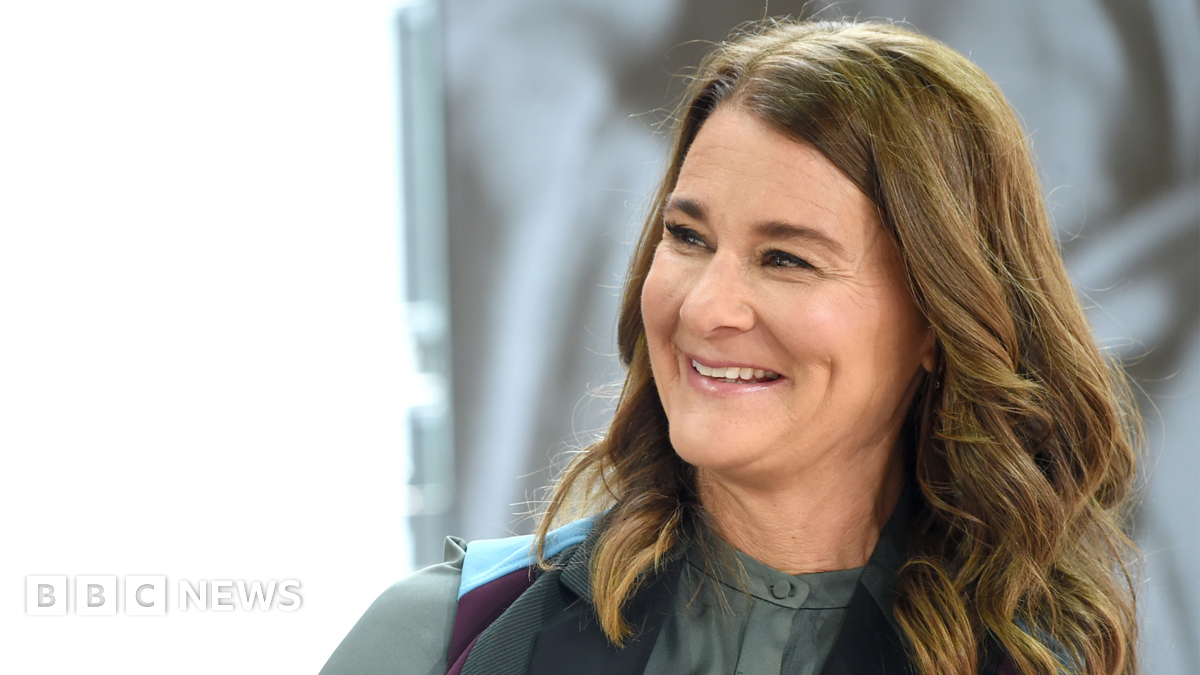Wellcome Leap is one of the world’s largest health research networks, which includes over 160 institutions across six continents, including countries such as South Africa, Nigeria, Rwanda, Guatemala, Brazil, Singapore, Japan and Australia.
“Women’s health is chronically underfunded, chronically under-researched, and, as a result, not well understood,” Melinda French Gates said, adding that she hopes we will see progress “years, even decades, sooner than we would through other approaches… the results will touch the lives of women all over the world”.
Women face significant health inequities, despite living longer than men.
A 2024 health report by the consultancy firm McKinsey found that, on average, women spent nine additional years in poor health when compared to men.
It said this disparity was linked to their historical underrepresentation in research and the higher likelihood of being misdiagnosed. It concluded that this underinvestment has left crucial areas of women’s health overlooked.
“We need more breakthroughs, and we need them faster,” adds Regina Dugan, CEO of Wellcome Leap. “Women have waited long enough.”
Wellcome Leap has pledged to help reduce women’s lifetime risk of Alzheimer’s – a degenerative disease that women are twice as likely to develop as men, according to the Alzheimer’s Society – by funding research into whether starting hormone therapy around menopause may have protective effects on brain health and potentially lower the risk of Alzheimer’s disease or cognitive decline.
